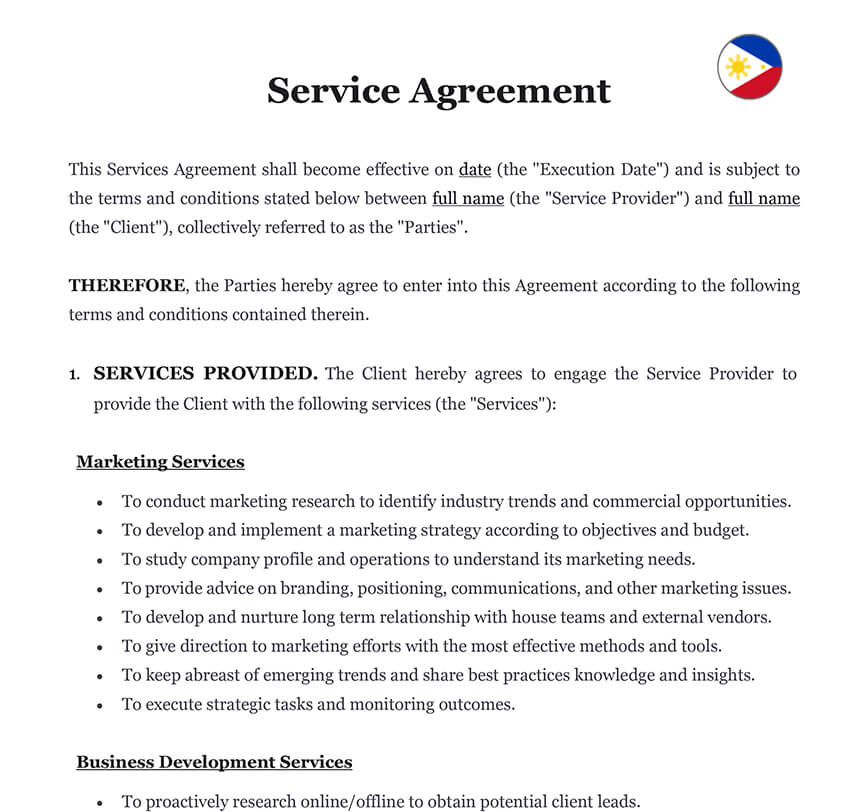By utilizing these marketing strategies, businesses can effectively sell their products and services in the Philippines. However, it’s important to note that different strategies may work better for different industries and target markets.
To successfully market products and services in the Philippines, businesses need to tailor their approach to the Filipino consumer market. Here are some tips on how to do so:
Filipinos place great importance on relationships and trust. Building personal relationships with potential customers is essential. It’s important to be respectful, hospitable, and courteous when dealing with Filipino consumers.
The Philippines has a high social media penetration rate, and platforms like Facebook and Instagram are popular among Filipinos. Utilize these platforms to promote your products or services and engage with your target audience.
Filipinos have different payment preferences, so it’s important to offer a range of payment options, including cash on delivery, credit/debit card payments, and mobile payments.
Filipinos are price-sensitive, so businesses need to be competitive with their pricing. Offering discounts and promotions can also be effective.
Filipino consumers place a high value on customer service. Providing excellent customer service can help build trust and loyalty.
While many Filipinos speak English, it’s important to also communicate in Tagalog or other local dialects to reach a wider audience.
In the Philippines, there are several popular sales channels that businesses can utilize to sell their products and services. These include:
1. Online marketplaces: E-commerce platforms like Lazada, Shopee, and Zalora are popular among Filipinos for online shopping. These marketplaces provide a platform for businesses to showcase their products and reach a wider audience.
2. Social media: Filipinos are highly active on social media, making it a valuable sales channel for businesses. Social media platforms like Facebook, Instagram, and Twitter allow businesses to create brand awareness, engage with customers, and promote their products and services.
3. Physical stores: Traditional brick-and-mortar stores are still popular in the Philippines, especially for products that require a more hands-on approach before purchase, such as clothing or electronics.
4. Direct selling: Direct selling involves selling products directly to customers through a network of distributors or sales agents. This sales channel is popular for beauty and wellness products in the Philippines.
5. Telesales: Telesales or phone selling is a popular sales channel in the Philippines, especially for B2B products and services.
Businesses can leverage social media to boost sales in the Philippines by following these tips:
The key considerations for pricing products and services in the Philippines include factors such as the cost of production, competition, target market, local economic conditions, and cultural factors that may influence consumer behavior. Other important factors to consider include taxes, duties, and other regulatory fees that may impact pricing decisions, as well as currency exchange rates for businesses that operate internationally. Finally, businesses should also consider the value proposition of their products and services, including factors such as quality, branding, and customer service, as these can also impact pricing decisions.
Businesses can build trust and credibility with Filipino customers by providing high-quality products and services that meet or exceed customer expectations. Additionally, businesses can establish a strong online presence, including a professional website and active social media accounts, to showcase their products and services and engage with customers. Transparency in business practices, such as clear and honest communication about pricing, delivery times, and return policies,












